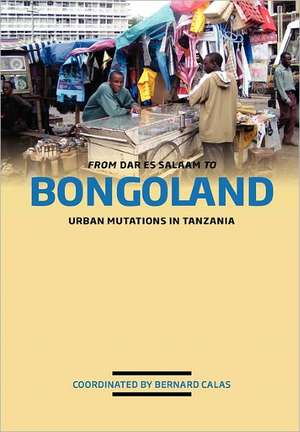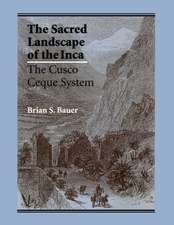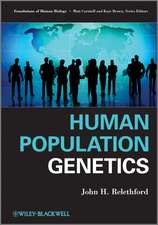From Dar Es Salaam to Bongoland. Urban Mutations in Tanzania: From Nyerere to
Editat de Bernard Calasen Limba Engleză Paperback – 31 oct 2010
Preț: 459.62 lei
Preț vechi: 499.58 lei
-8% Nou
Puncte Express: 689
Preț estimativ în valută:
87.96€ • 91.64$ • 73.13£
87.96€ • 91.64$ • 73.13£
Carte tipărită la comandă
Livrare economică 10-24 februarie 25
Preluare comenzi: 021 569.72.76
Specificații
ISBN-13: 9789987080946
ISBN-10: 9987080944
Pagini: 430
Dimensiuni: 170 x 244 x 22 mm
Greutate: 0.68 kg
Editura: Mkuki Na Nyota Publishers
ISBN-10: 9987080944
Pagini: 430
Dimensiuni: 170 x 244 x 22 mm
Greutate: 0.68 kg
Editura: Mkuki Na Nyota Publishers















